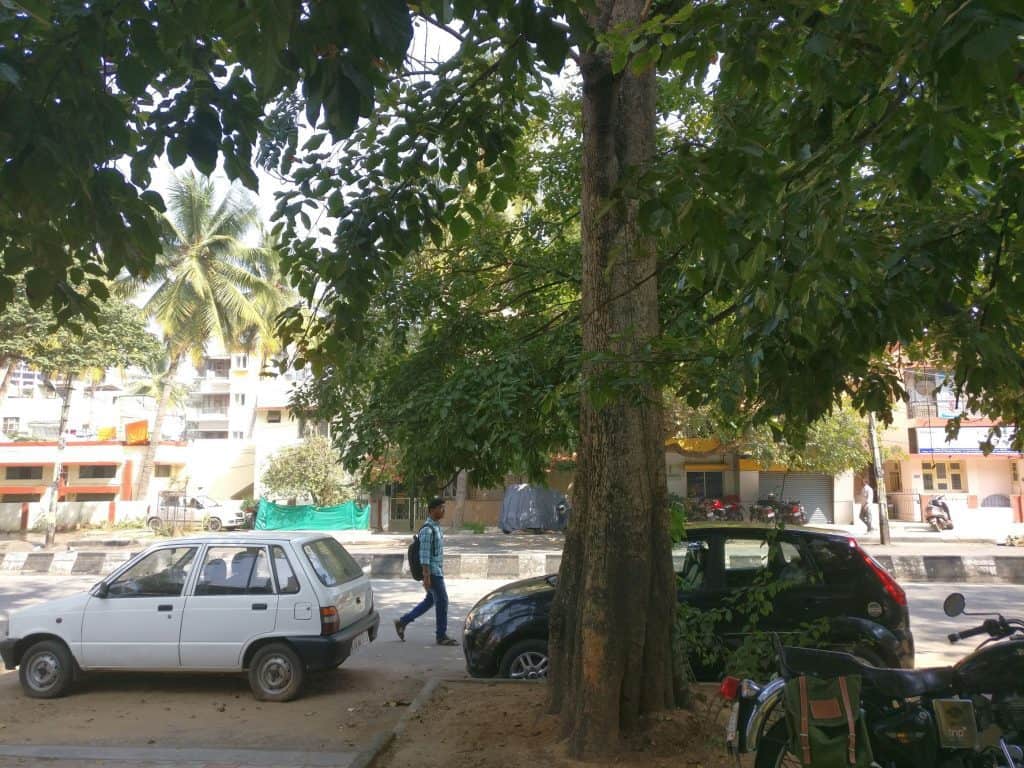Push for suburban railway, city projects
The Union Budget has allocated Rs 450 crore for the BSRP (Bengaluru Suburban Railway Project), with a total capital outlay of Rs 1,350 crore for 2023-24. However, not a single rupee has been released by the Centre for a similar sum earmarked for the project in the previous financial year, sources said.
Meanwhile, the Rail Infrastructure Development Company (Karnataka) Limited has sought an €800-million (Rs 7,140 crore) soft loan from the European Investment Bank (EIB) and the German investment and development bank KfW, which will cover 60% of the project cost.
Parallelly, the state has approved 11 projects at Rs 140 crore for air quality, funded by the 15th Finance Commission and cleared by the state-level committee. The 11 works are divided between the BBMP (Bruhat Bengaluru Mahanagara Palike), the BMTC (Bengaluru Metropolitan Transport Corporation) and the DULT (Department of Horticulture, and the Directorate of Urban Land Transport).
BMTC’s tasks include electrifying bus depots (Rs 20 crore), procuring five double-decker buses (Rs 10 crore), promoting public transport (Rs 1 crore), and providing 100 electric feeder buses (Rs 13 crore). BBMP’s projects include mechanical street sweeping machines (Rs 30 crore) and building paved footpaths (Rs 30 crore).
However, so far, despite having got Rs 279 crore earlier, the BBMP did not use the grant fully, nor did it complete its projects.
Source: The Hindu, The New Indian Express, Deccan Herald
Read more: Living with the metro construction: Safety, pollution and accessibility concerns
Above 12-metre metro pillars halted
The BMRCL (Bangalore Metro Rail Corporation Limited) has changed the standard operating procedure of casting the reinforcement cage, after a report by Professor Chandra Kishen of the Indian Institute of Science (IISc) regarding the cage collapse on January 10th. His 27-page report explained that the 18-metre structure killing a mother and son was not a single-piece structure but a combination of two overlapping structures.
Anjum Parvez, BMRCL managing director, said that the construction of pillars above 12 metres will be halted in the 2A and 2B Metro phases connecting Central Silk Board with Kempegowda International Airport.
They have suggested switching to two-stage casting for pillars that are above 12 metres and will also stop work on reinforcement cages above 12 metres. Work is being undertaken only on reinforcement cages less than 12 metres.
Source: Indian Express
Residents decry tree felling
More than 100 trees have been illegally felled at Doddagubbi lake. The Doddagubbi gram panchayat (Bengaluru East taluk), which had submitted an application for development of the lake, felled the trees even before a spot inspection. Activist Joseph Hoover said hundreds of acacia trees, planted under the social forestry scheme, have been felled, undoing the work of several years.

Sources said that tree enumeration work could not be taken due to the high water level. As the trees are over 20 years, an assessment should have been taken up.
Meanwhile, a rapid Environmental Impact Assessment (EIA) for the proposed flyover on Sankey Road explains that 55 trees of 23 species and 14 families will be cut. The report was prepared by researchers from Azim Premji University and Vruksha Foundation. Residents of Vyalikaval, Malleswaram, and Sadashivnagar met civic officials at a meeting organised by Citizens for Sankey. Professor Ashish Verma from IISc said flyovers do not solve traffic congestion, but shifts the point of congestion.
The Sankey Road flyover project will be presented before the BMLTA (Bengaluru Metropolitan Land Transport Authority) with documents, including the DPR (Detailed Project Report). Citizens have opposed the widening of the road from Bhashyam Circle to Malleswaram 18th Cross and the construction of the flyover that is priced at over Rs 49 crore.
Source: The Hindu, Indian Express, Deccan Herald
Read more: Where does construction waste go in Bengaluru?
Anganwadi strike called off
Anganwadi workers, who were on an indefinite strike from January 23rd, called off their strike after the state agreed to provide gratuity. They had set a 48-hour deadline on January 30th for their demands to be met and to shift their sit-in protest from Freedom Park to Chief Minister Basavaraj Bommai’s residence.
The government has also promised to improve infrastructure at anganwadi centres, provide free uniforms, books, shoes and bags to children and conduct regular health check-ups for workers.
Over 35,000 anganwadi teachers from Bidar, Hassan, Raichur, Kolar, Kalaburagi, Belgaum, Mandya, Maddur, Srirangapatna, Mysuru, Tumkur, Hubli, Dharwad and Ramnagar had come to oppose the implementation of NEP (National Education Policy) in anganwadi centres and to demand gratuity.
Source: The Hindu, Indian Express
Common mobility card delayed
The NCMC (National Common Mobility Card) introduced by the Centre is likely to take more time, perhaps a month. The NCMC is a debit/prepaid/credit card enabling payment for travel, toll duties, retail shopping and withdrawal of money across the country. The BMRCL (Bangalore Metro Rail Corporation Limited) has tied up with RBL Bank for issuing the cards. Unlike the usual Namma Metro smart card, it can be used at metro stations in other cities like Delhi and Mumbai.
Source: Indian Express
[Compiled by Revathi Siva Kumar]